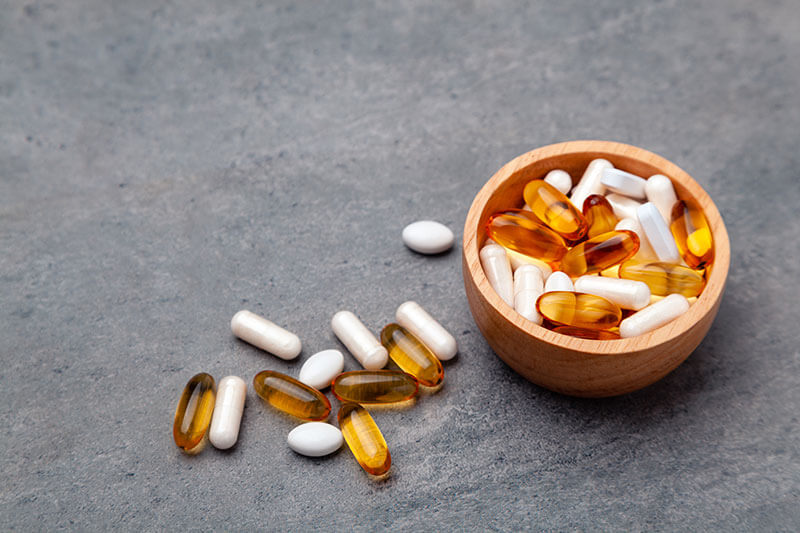If you’ve been paying attention to the news, you already know that the opioid crisis in the United States has reached critical mass. In some areas, opioid overdoses increased by 70 percent in just over a year’s time.
The opioid epidemic now touches the lives of millions of everyday Americans. As a result, the chances that you know someone with opioid addiction have increased astronomically.
For anyone concerned that their loved one might have a problem, it’s important to recognize the early warning signs of opiate use. That’s what this article is for.
Below, you’ll learn a few basic things to look for when trying to determine if a loved one has an opiate problem. With any luck, you won’t need this information, but preparedness and awareness are always important.
Physical Signs of Opiate Use :
When dealing with opioid abuse, there are two major categories symptoms can fall into: physical and behavioral. Let’s tackle the former first.
One major and obvious physical warning sign to look for is needle marks. Often, an addict will start to use drugs intravenously, which means they’re injecting it. This will usually leave clear signs of use at the injection point, which is very often the major artery in the arm.
Beyond the clear physical appearance of abuse, addicts will often suffer from other physical ailments. One prominent side effect is “nodding,” which means that the user falls asleep suddenly and at inappropriate times. If your loved one frequently drifts off mid-conversation, this can be a sign there is a more serious problem under the surface.
Other than the two unmistakable signs above, physical signs of opioid use are hard to spot. Other symptoms like constricted pupils and flushed skin can be attributed to many other things, so it’s best not to worry about them alone. However, if they’re paired with needle marks and nodding, there is cause for concern.
Behavioral Signs of Opiate Use :
The behavioral side effects of opioid abuse can be tough to spot because they closely resemble side effects caused by other common ailments like depression, stress, and anxiety. But since they’re so often paired with physical signs, you’ll most likely be able to tell the difference.
Withdrawing from social activities is a big early warning sign. If your loved one suddenly retreats from social groups or things they once enjoyed doing, it can be a sign of a much bigger problem. Isolation is one of the earliest and most clear indicators that something is up.
Mood swings and drastic behavior are also something to look for. If someone is acting highly out of character, breaking the law, and engaging in unusually high-risk behavior, something is probably wrong.
All in all, behavioral shifts can be hard to hone in on, but drastic changes are almost certainly a sign of something worse. Even if it isn’t an opioid addiction, it’s always worth checking in with a loved one if their behavior changes unexpectedly.
There are treatment centers like SMC Recovery that specialize in opiate addiction rehabilitation. Reaching out to a facility such as this can provide you with the resources and expertise you need to determine if your loved one requires medical follow-up.
What’s Next?
Now that you’re familiar with some basic signs of opiate use, you can stay vigilant when it comes to keeping loved ones safe.
Addiction is a notoriously difficult problem, but there’s always hope. People recover every day. If you or a loved one has an opiate problem, don’t give up.
With the help of professionals, friends, and family, no obstacle is too tall to scale. Stay strong, and with a little help, recovery is well within reach. Follow our blog for more health-related news and updates.
Read Also :






















